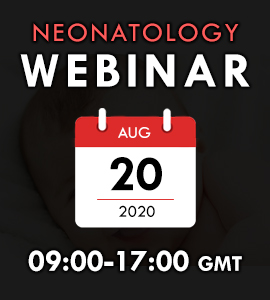Sarhan Alshammari
King Abdulaziz Medical City, Saudi Arabia
Title: Neonatal outcomes of infants with ABO incompatibility
Biography
Biography: Sarhan Alshammari
Abstract
Background: ABO blood group incompatibility occurs in 15-20% of all pregnancies and 10% of those develop hemolytic disease. Transcutaneous bilirubin screening use is increasing but still not widespread.
Aims: To compare neonatal outcomes of DCT positive and DCT negative infants born to blood group O positive mothers to evaluate the effect of neonatal blood group on the severity of hemolysis and neonatal jaundice due to maternal-fetal ABO incompatibility. To investigate the value of transcutaneous bilirubin measurement and first serum bilirubin in predicting the development of significant hyperbilirubinemia later in the first few days in infants with ABO incompatibility.
Methodology: One year retrospective review of infants with blood group A and B positive born to Blood group O positive mothers with gestational age of > 33 wks. at birth.
Results: Hyperbilirubinemia outcomes by coombs test status, hyperbilirubinemia outcomes by infant’s blood group status and prediction of intense phototherapy using TCB, first serum bilirubin levels among DCT positive infants.
Conclusions:
- There was significant difference in the incidence and severity of hyperbilirubinemia and hemolysis between DCT negative and positive infants.
- Infants with blood group B positive had more severe hemolysis as evidenced by need for PT, IVIG therapy and the duration of hospital stay.
Estimation of TCB after birth is useful in predicting which infants will develop severe hyperbilirubinemia.

